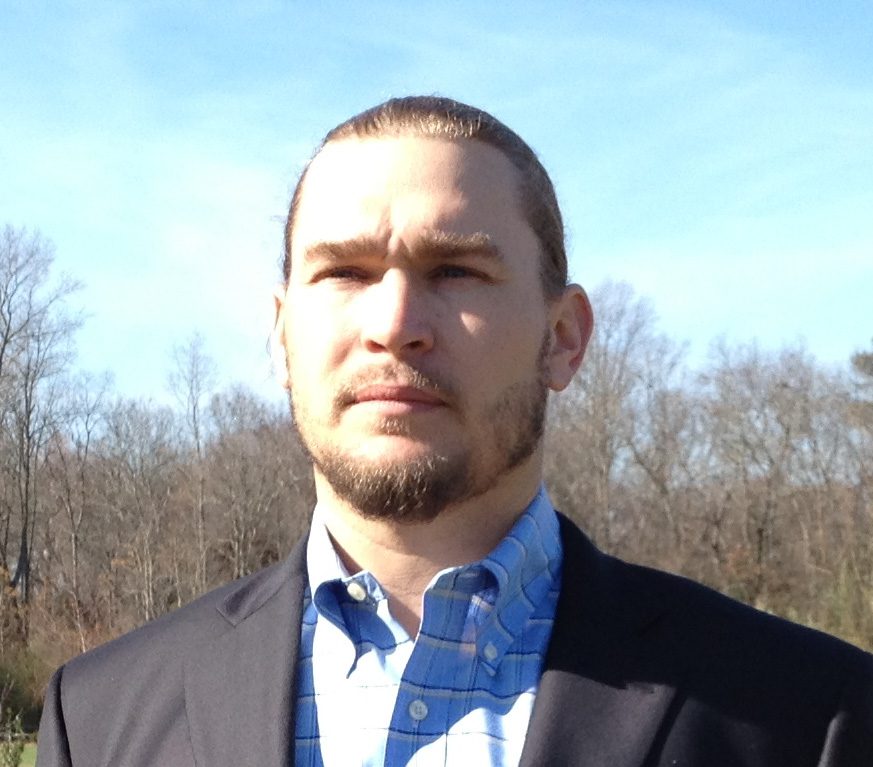Many clinics in North Carolina are charging $1500-2000.00 with a 1-2 year wait time for an ASD/Autism test.
We offer:




Dr. Steven Hannant, aka “Dr. Steve”, has been performing psychological evaluations since 2007. He specializes in assessing those with special needs, including ASD/Autism. Dr. Steve works with those with ASD/Autism daily and has completed thousands of psychological evaluations.
Dr. Steve receives continuing education on diagnosing ASD/Autism regularly from the famed UNC TEACCH Autism Center.
You can be very confident that when working with Dr. Steve, he will provide his expertise derived from extensive knowledge and experience, after having worked with ASD/Autism for decades. Dr. Steve is licensed in North Carolina and Florida and has a Doctorate in Clinical Psychology and a Postdoctoral Master’s of Science degree in Clinical Psychopharmacology.

Biomedical treatments aim to address potential underlying biological imbalances or deficiencies, such as nutritional deficiencies, gut health issues, or metabolic problems. This approach can lead to a more natural and holistic form of treatment, rather than just managing symptoms.
Pharmaceutical drugs, especially those used to manage symptoms of ASD (such as antipsychotics, stimulants, or antidepressants), can have significant side effects, including weight gain, drowsiness, or increased risk of other health conditions. Biomedical treatments, such as dietary changes or nutritional supplements, generally have fewer and less severe side effects.
Biomedical treatments are often tailored to the individual needs of the person with ASD, based on their specific biological markers, lab tests, or health history. This personalized approach contrasts with the more one-size-fits-all approach of pharmaceuticals, which might not be as precisely targeted.
By addressing root causes, biomedical treatments can potentially offer long-term benefits, rather than just temporary symptom relief. For example, improving gut health or correcting a vitamin deficiency may lead to sustained improvements in overall health and potentially some symptoms of ASD.
Many biomedical treatments, such as dietary adjustments, nutritional supplementation, and lifestyle changes, are non-invasive compared to pharmaceutical interventions. This can be particularly appealing for parents or caregivers concerned about the impact of long-term medication use on a child's development.
Biomedical approaches often promote overall health and well-being. For instance, improving diet, ensuring adequate sleep, and addressing any environmental factors can have positive effects beyond just the symptoms of ASD, potentially improving overall quality of life.
Many biomedical treatments use natural substances like vitamins, minerals, probiotics, and herbs. These are generally perceived as safer because they are naturally occurring in the body or the diet, and thus may be less likely to cause harm when used appropriately.
